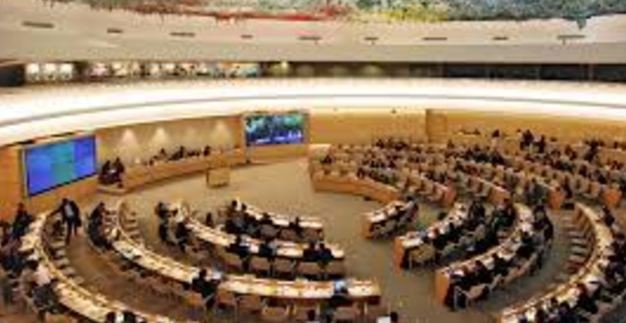The United Nations has ejected Russia from the UN Human Rights Council (UNHRC), a magnificent triumph against an outlaw country that has either been responsible for or has condoned massive aerial bombings that have killed thousands of Syrian civilians.
It's rare for one of the five permanent UN Security Council member nations to lose any UN election. Russia was accorded one of these rare slaps in the face. It's also the first time since the UNHRC's creation 2006 that Russia has lost an election at that body.
Russia used its veto power as a permanent UN Security Council member to block the UN from enforcing any measure that would have stopped it from militarily assisting the regime of Syrian president Bashar al-Assad, whose armed forces have taken to murdering innocent Syrian civilians as a matter of course.
That complete disregard for human life is manifest in Russia's and Assad's relentless aerial bombing of the city of Aleppo that has killed close to 500 civilians, many of them children, over the past weeks.
Some 400,000 people have died in the Syrian Civil War.
Russia was defeated in its bid to be re-elected a member of the Human Rights Council, the most prestigious panel in the UN system designed to examine global human rights.
The United States and United Kingdom won seats on the rights panel, as did China, Russia's close ally.
UN Watch, a UN watchdog group, said "the non-election of Russia shows that the nations of the world can reject gross abusers if they so choose."
Dozens of human rights groups campaigned against Russia's bid, citing the massive bombing assault on parts of Syria opposed to al-Assad.
Moscow's refusal to accept Security Council resolutions that sought to end of the war seemed doomed Russia's bid for support for the council seat.
The U.S. State Department through its spokesman said "we continue to believe that UN member states should seek countries that have a strong human rights record to be a part of the council."
From 2017 and 2019, the 14 elected UNHRC members will formulate the UN's official position on conflicts occurring around the world, as well as domestic policies of member states.



























